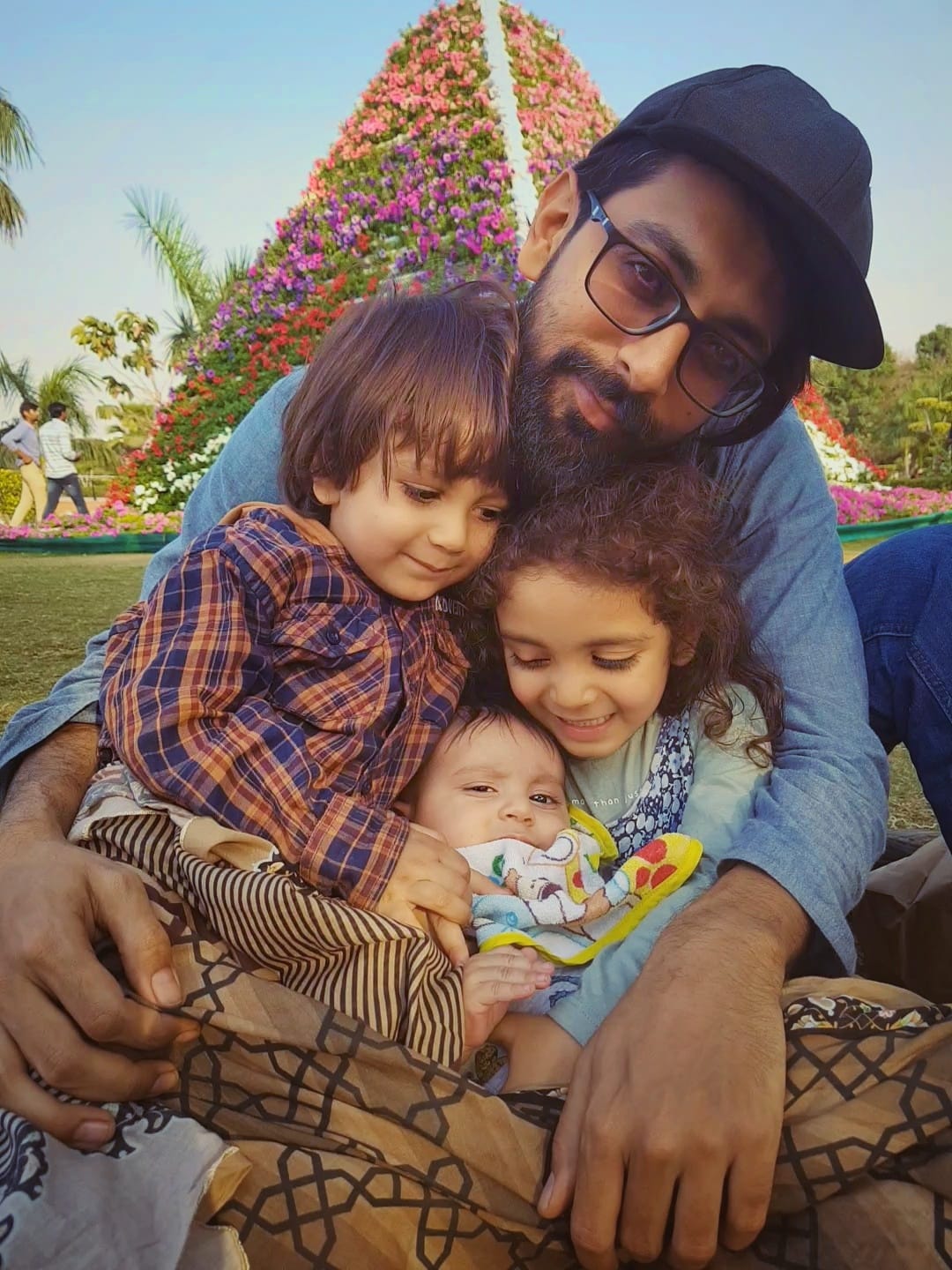Introduction
A good start in life lays the foundation for health, happiness, and resilience. By aligning with natural processes and fostering love, we can help children grow into their full potential. Explore these principles for a conscious and holistic approach to parenting.

1. Say Yes to Life
From the moment you know a child is on the way, say it out loud:
“Little one, you are welcome! I trust that your arrival is a blessing.”
This affirmation creates a sense of belonging and security, setting the tone for a life of confidence and joy.
2. Love is the Key
Love is the ultimate healer:
- Love for God
- Love for your child
- Love for your partner
- Love for life itself
Make love the foundation of every action. It’s the most important ingredient for a healthy, thriving child.
3. Gentle Birth Practices
- Avoid unnecessary ultrasounds and interventions like amniocentesis unless absolutely necessary.
- Allow the child to decide their birth time, avoiding C-sections unless medically required.
- Let the umbilical cord pulsate out before cutting to ensure the baby receives essential blood and nutrients.
Why it Matters:
These practices align with nature, promoting stronger immunity, bonding, and emotional stability.
4. Trust Nature After Birth
- Avoid injecting vitamin K1 and other interventions immediately after birth unless critically needed.
- Limit unnecessary examinations to preserve the bond between mother and child.
- Handle neonatal jaundice gently to avoid excessive separation and stress.
5. Babywearing for Bonding
Carry your baby close using a sling, with their upper body facing you. Babywearing strengthens the emotional connection between parent and child, ensuring they feel secure and loved.
6. Sleep Together for Security
Keep your baby close at night. Co-sleeping fosters physical and emotional comfort, similar to how nature intended. Indigenous practices teach us that closeness reassures children and builds trust.
7. Delay Daycare and Early Schooling
The first few years are critical for emotional and psychological development. Avoid daycare during this formative period, and allow your child to transition into preschool or kindergarten only when they’re ready.
8. Question Conventional Norms
Vaccinations and other standard practices deserve deeper examination. Ask questions, seek alternative perspectives, and trust your intuition as a parent.
9. Love Heals All
Above all, remember:
“Love heals all wounds.”
Let compassion, gratitude, and joy guide your parenting journey.
Conclusion
Parenting is about embracing nature, trusting the divine process, and practicing unconditional love. When we align our actions with these principles, we give our children a powerful start in life.

